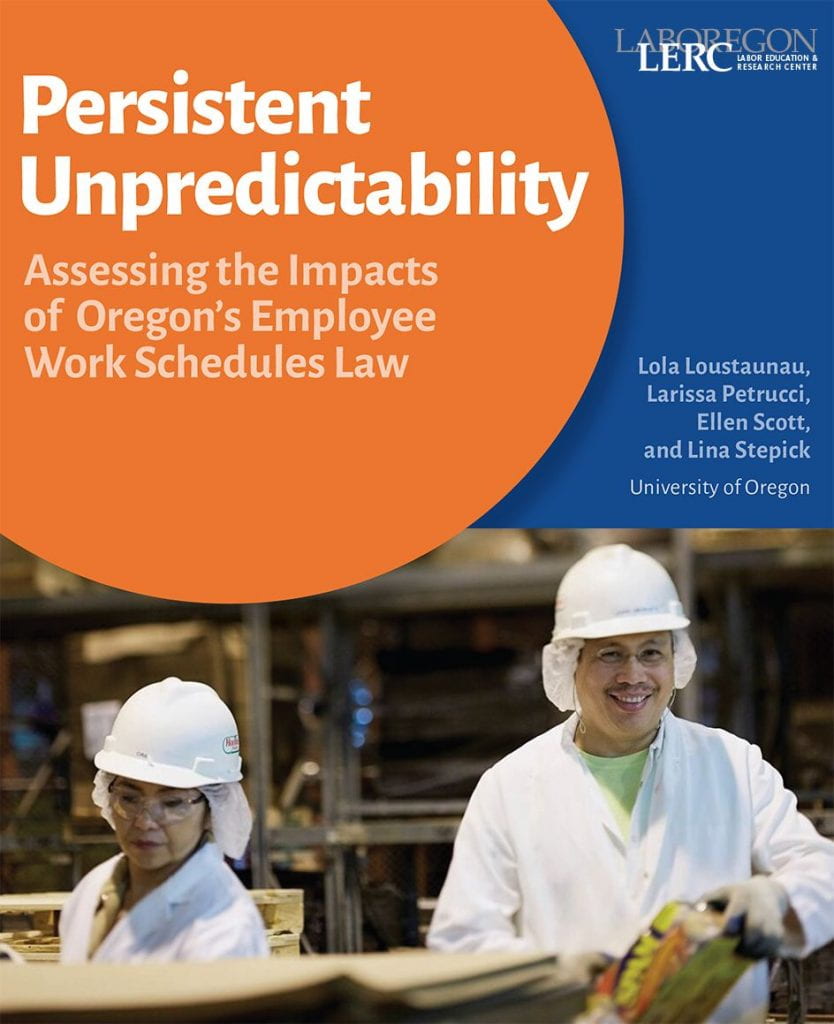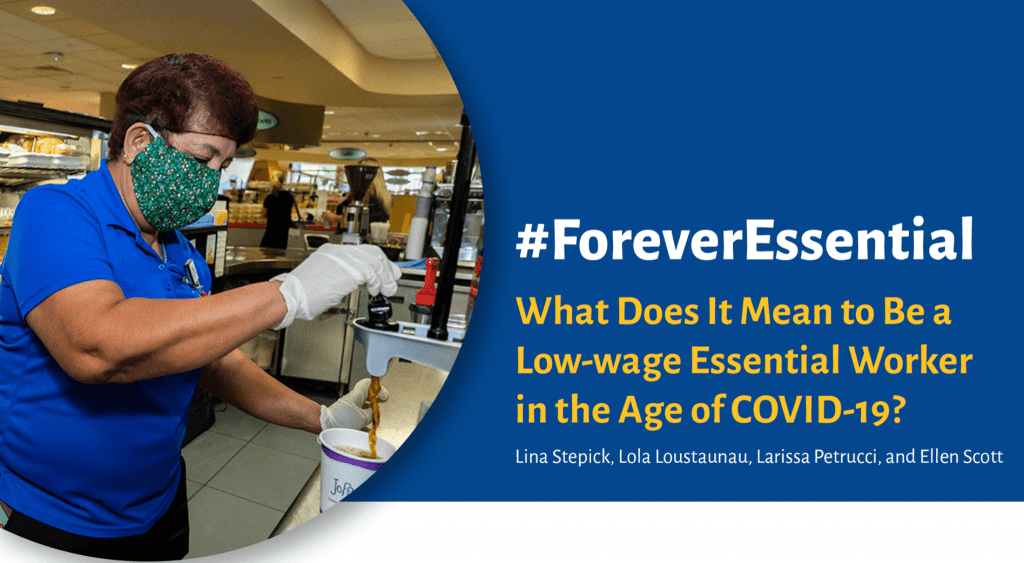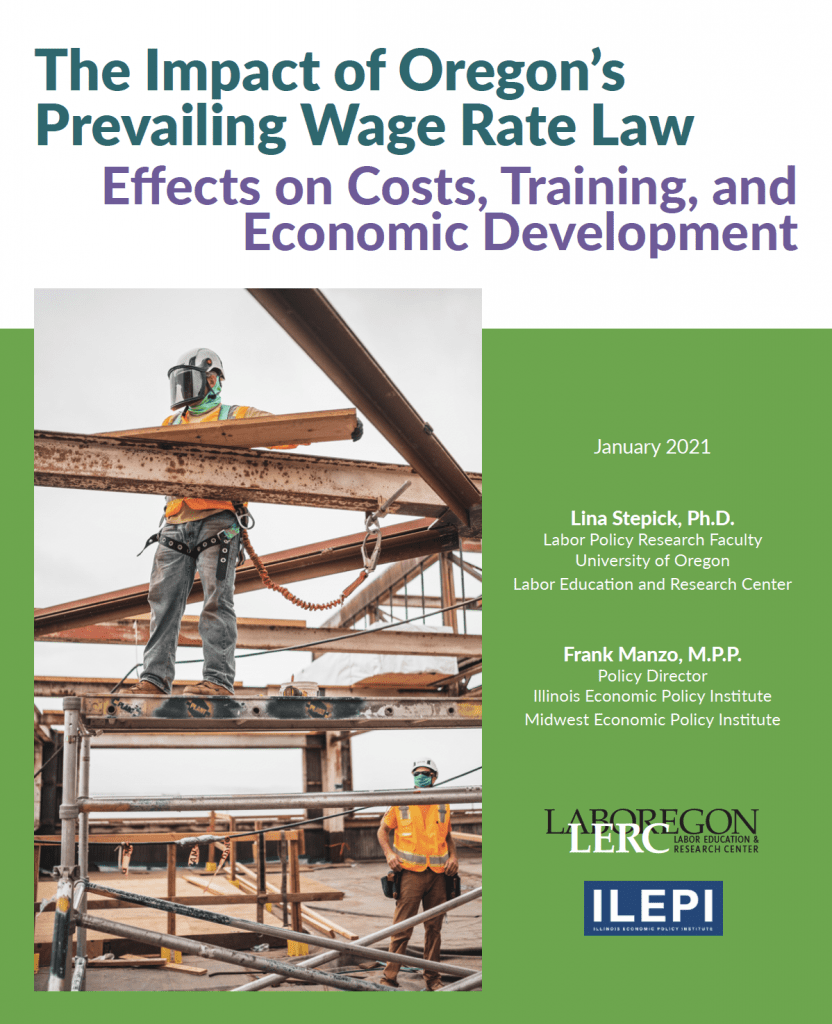Why do so few American workers have unions?
Unions are one of the key strategies for improving American workers’ standard of living and decreasing inequality. Across the country, if you compare two people who work in the same occupation and same industry, with the same education and experience, but one has a union and the other does not – the person with a union on average makes more than 10% higher wages and has a 20-205% better chance of getting health insurance or a pension through their job.
Simply put, unions enable employees at any job to negotiate with their boss for a fair share of the profits that their work creates – it’s no surprise that people who are able to engage in collective bargaining end up with fairer working conditions.
For this reason, it’s no surprise that many non-union workers wish they had a union in their workplace. The most recent survey data shows that nearly half of all non-union workers say they would vote for a union in their workplace if given a chance. If all these people had their wish come true, there would be an additional 58 million union members in the country, and the crisis of inequality would be dramatically improved.
In reality, however, only 50,000 unorganized workers a year manage to win the right to a union through the National Labor Relations Board. If 58 million people want a union, how can it be that less than 1% of them are able to realize this goal?
The answer to this question can be found in two recent reports published by the Economic Policy Institute, co-authored by LERC professor Gordon Lafer and LERC graduate research assistant Lola Loustaunau. The first report – titled simply Unlawful – reports on the vast industry of “union avoidance” consultants who coach American employers to launch intensive campaigns aimed at stopping their employees from exercising their right to collective bargaining. The report documents that American corporations – including many name-brand companies – spend over $340 million per year to deny their employees the right to organize. In those efforts, these same employers are charged with illegal acts of intimidation or retaliation against their employees in over 40% of cases. (report is here: https://www.epi.org/publication/unlawful-employer-opposition-to-union-election-campaigns/)
The second report, Fear at Work (https://www.epi.org/publication/fear-at-work-how-employers-scare-workers-out-of-unionizing/) shows how, even when they don’t break the law, employers rely on a set of intimidation tactics that would be illegal in any election for city council, state legislature or Congress, but which are permitted under current federal labor law. The report ends with a call for Congress to enact new federal labor law that makes the right to collective bargaining a reality rather than an illusion for American workers.



